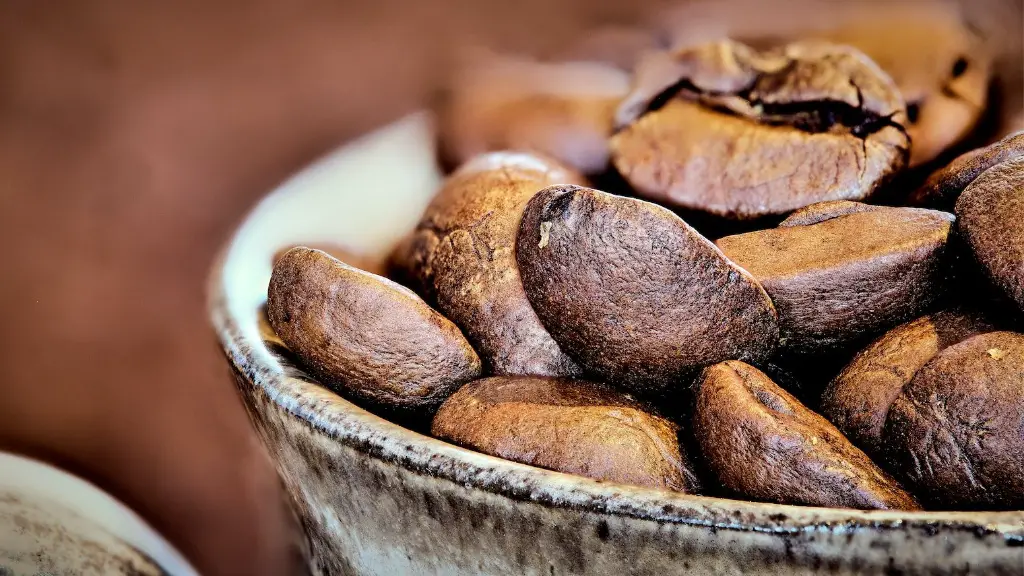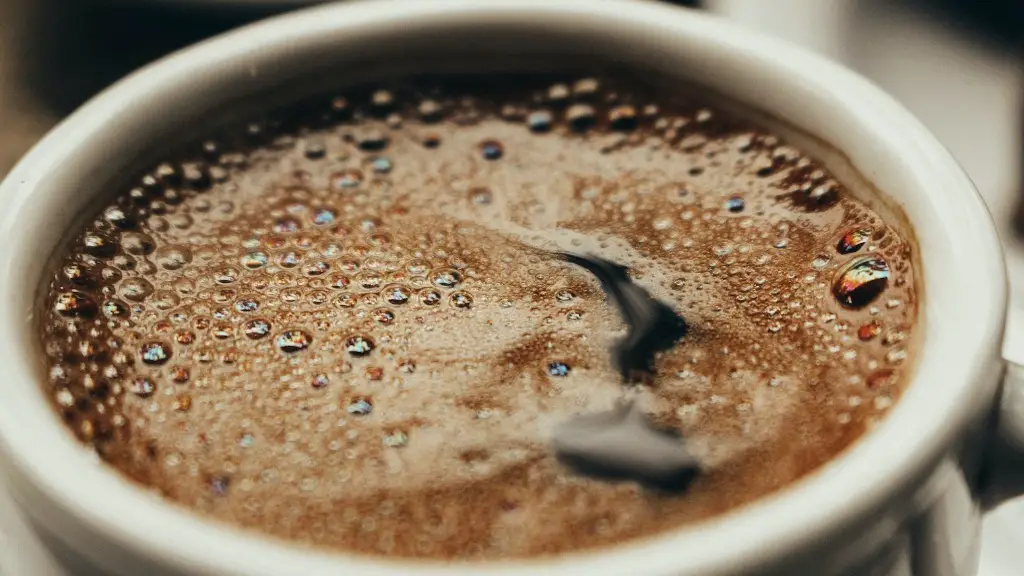Coffee has been a beloved stimulant for centuries, not just in the morning, but also as a pre-run drink. It is a complex drink, with a wide range of ingredients that have been found to have many health benefits. But is it actually beneficial to consume coffee before running? It’s important to consider both the pros and cons of this type of performance-enhancing intake.
Before diving into this debate, it is important to note that the general consensus by experts is that the most effective way to improve running performance is through training and exercising regularly. However, this does not mean that certain aspects of a runner’s diet and pre-run routine will not help- caffeine is one of those elements.
When it comes to the potential positive effects of caffeine on running performance, research is promising. Studies from 2006 through 2016 have confirmed that caffeine consumption does increase agility and sprint speed. Additionally, the consumption of caffeine up to an hour prior to a run can also reduce fatigue. Caffeine is a central nervous system stimulant, and when consumed, it can help to reduce pain and extend the time to physical exhaustion.
However, as with all things, there must be a balance. Consuming too much caffeine can have negative side effects as well. Too much caffeine can also lead to dehydration and anxiety. The intake of caffeine before running can also increase the heart rate, making it difficult to maintain one’s target pace. Some runners have also reported feeling “jittery” or unsettled on long runs after consuming caffeine prior to exercise.
Caffeine is certainly beneficial to some runners, but it is important to note that it is not a miracle drug. It is important not to rely on caffeine as a sole performance boosting tool. Caffeine can certainly enhance some aspects of running, but it is important not to forget that proper performance comes from proper training and conditioning.
Is Pre-Run Coffee for Everyone?
It is not a “one size fits all” approach to pre-run coffee. Some individuals may respond differently to caffeine than others. Additionally, some might require more or less caffeine in order to experience any of the potential positive enhancements. It is important for runners to experiment with their individual intake of caffeine to discover what works best for them.
It is important to note that caffeine is a drug and an individual’s response to it is going to vary. It is also important to mention that caffeine is not a legal performance enhancer. Some running organizations do not allow athletes to consume caffeine an hour before or during a race. It is important to check an organization’s rules and regulations before consuming caffeine.
When is the Best Time to Drink Pre-Run Coffee?
The consensus among experts is that the best time to drink pre-run coffee is about 30-45 minutes prior to running. This will allow for the caffeine to be incorporated into the bloodstream and will result in a performance enhancement. It is also important to note that it is best to drink a moderate amount of caffeine. Too much caffeine can not only be detrimental to performance, but also to health.
Many runners also prefer to drink pre-run coffee in the form of an iced latte. This can be beneficial in that it takes longer to drink than a regular cup of coffee, meaning that the caffeine will break into the bloodstream slowly. Additionally, an iced latte contains just the right amount of caffeine, meaning that one can enjoy the performance enhancing benefits without drinking too much.
Alternatives to Pre-Run Coffee
There are many alternatives to pre-run coffee that can potentially enhance performance. Chocolate milk has been found to perform the same as pre-run coffee and has the added bonus of providing the runner with essential carbohydrates and electrolytes. Another option is kombucha, which is a fermented drink made of tea, sugar and yeast that is rich in antioxidants and probiotics.
Additionally, there are many scientifically engineered pre-run drinks available on the market today. These drinks are specifically formulated to provide runners with the necessary electrolytes and carbohydrates needed for a successful run. Many of these drinks are also specifically designed for pre-run hydration, meaning that they will help to keep the body hydrated prior to, during and after the run.
Is Coffee the ‘Right’ Choice to be Made Prior to Running?
The decision to consume coffee before running should be made on an individual basis. Some runners may prefer the enhanced performance they receive from coffee, while others may prefer an alternative such as chocolate milk or kombucha. Additionally, it is important to remember that the effectiveness of coffee prior to running depends on a variety of factors, such as the amount of coffee consumed, the individual’s response to caffeine and the specific type of coffee consumed.
It should also be noted that coffee is not the only performance-enhancing meal or drink prior to running. Eating certain meals and snacks prior to running can also help to increase performance through the consumption of necessary vitamins and minerals. For example, a banana contains potassium that can help with muscle recovery and contraction, while peanut butter provides essential proteins and fats that can help to keep energy levels up during the run.
Final Considerations
Ultimately, the decision to drink coffee before running should be considered carefully. As with all performance-based meals, it is important to think about how it will make you feel both physically and mentally. Additionally, it is important to consider an individual’s overall health and diet in order to determine whether or not caffeine is the right choice. If an individual decides that caffeine before running is right for them, it is important to find their optimal dose in order to experience its peak performance benefits.



